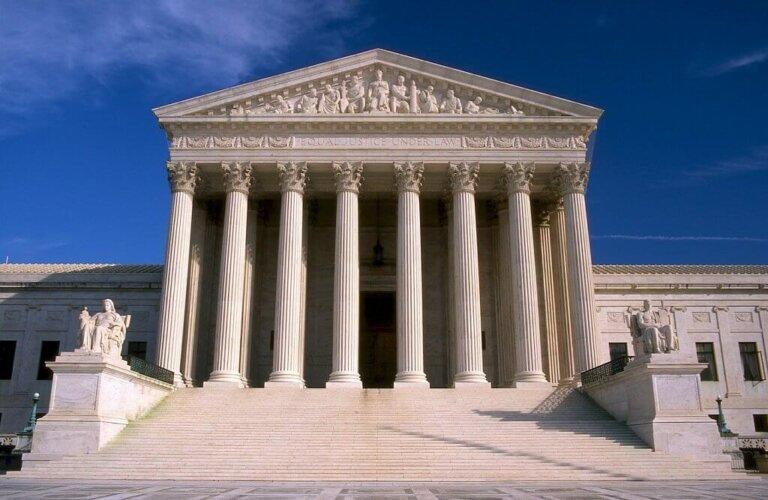
Caption
In a 6-3 decision Thursday, the Supreme Court ruled that Arizona's laws banning ballot collection and placing limitations on provisional ballots did not have a disparate impact on minorities. The ruling could hinder many of the lawsuits challenging Georgia's controversial new election law.
Credit: U.S. Supreme Court

